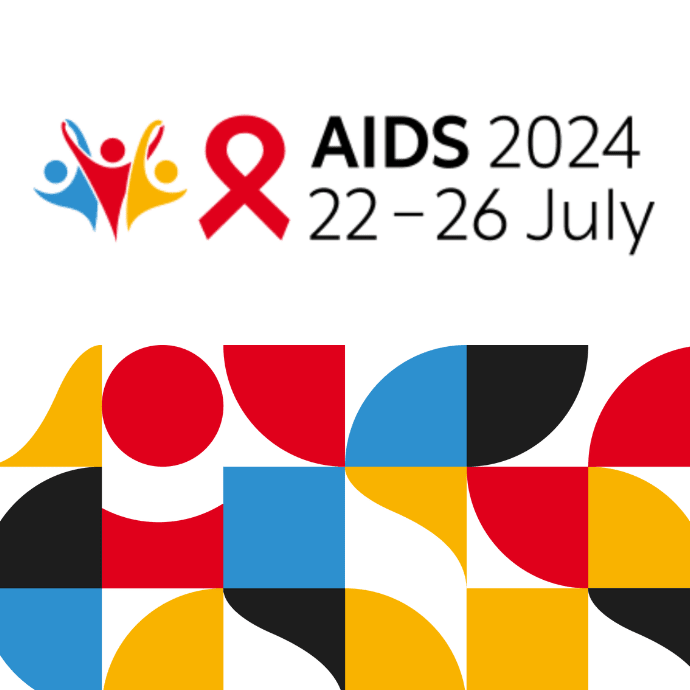Leaders and scientists on Monday welcomed the news of the various advances in HIV science announced at the ongoing 25th International AIDS Conference (AIDS 2024).
More than 10,000 participants are attending, the conference, which is the world’s largest gathering of people living with, affected by, and working on HIV, and taking place in person in Munich, Germany, and virtually from 22 to 26 July.
The advances include the 7th known individual cured of HIV, and a successful trial of a twice-yearly HIV prevention shot.
Announcing the advances, International AIDS Society (IAS) President and AIDS 2024 International Co-Chair, Sharon Lewin said, “We’ve seen incredible breakthroughs at AIDS 2024, including a new case of long-term HIV remission and a promising twice-yearly to prevent HIV.”
- Military rescues another Chibok girl, 332 others in Sambisa Forest
- Plateau: Group calls for calm as police recover corpse of Okada rider in Mangu
She said while these advances are cause to celebrate, science doesn’t happen in a vacuum.
“All around the world, regressive policies, attacks on human rights, the spread of misinformation, cuts to global health funding, and waning trust in international institutions are roadblocks to progress.
“To end HIV as a threat to public health and individual well-being, we need an evidence-based HIV response and a political climate that respects science,” she stated.
She said the theme of AIDS 2024 calls on the global community to put people first!
“Putting people first means that whether in the design of clinical trials or implementing new policies and programmes, people living with and affected by HIV must be not just beneficiaries but actors driving our efforts,” Lewin added.
UNAIDS Executive Director Winnie Byanyima, said despite global targets to reduce new HIV acquisitions to below 370,000 by 2025, the number remains more than three times higher, at 1.3 million new acquisitions in 2023.
She said, “The new data UNAIDS released earlier today shows that success or failure will be determined by the actions taken this year,” Byanyima said.
Ambassador John Nkengasong, US Global AIDS Coordinator and Senior Bureau Official for the State Department Bureau of Global Health Security and Diplomacy, warned against complacency in the global HIV response.
“While we have accomplished much, now is not the time to sit back; we must sustain the gains we have all worked so hard to make against this pandemic and accelerate our efforts to end it,” he said.
Chris Collins, President and CEO of Friends of the Global Fight Against AIDS, Tuberculosis and Malaria, spoke about the critical role of disease-specific funding programmes in the current political environment.
He said, “Lawmakers know that the Global Fund and PEPFAR are saving millions of lives and if we backtrack on our commitments on AIDS, TB and malaria, the immediate result would be disease resurgence and the squandered opportunity to end the most deadly infectious diseases.”
Andriy Klepikov, AIDS 2024 Regional Co-Chair said, “While most other regions around the globe have managed to stabilise their HIV epidemics, in eastern Europe and central Asia, it is rapidly increasing.”

 Join Daily Trust WhatsApp Community For Quick Access To News and Happenings Around You.
Join Daily Trust WhatsApp Community For Quick Access To News and Happenings Around You.